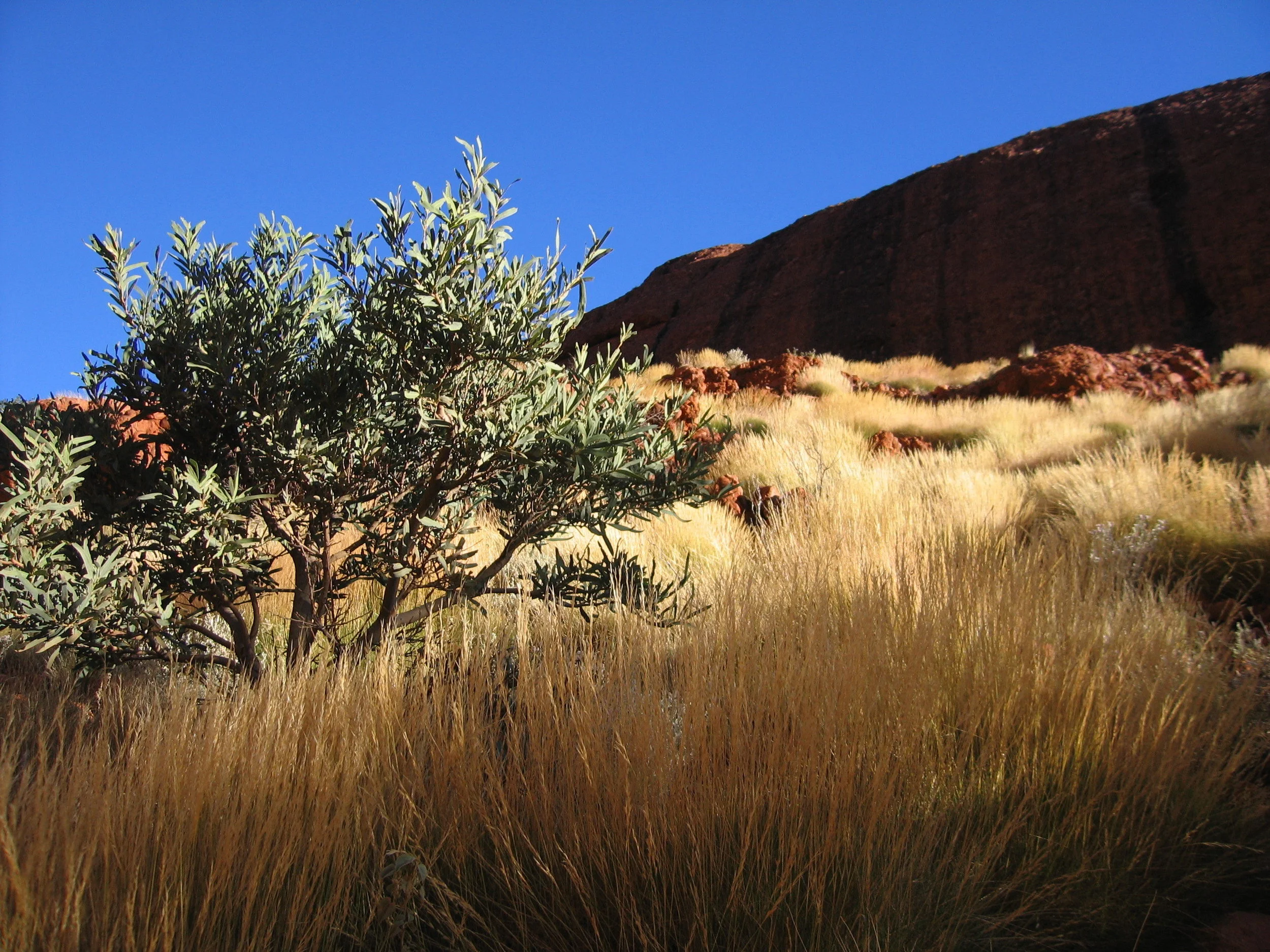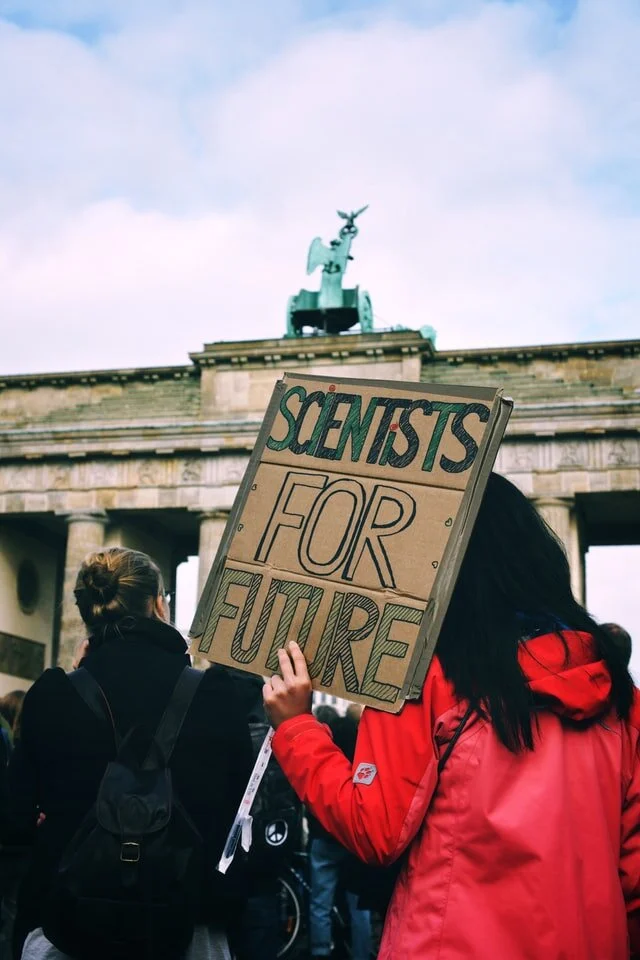This summer, the people living in Pakistan have faced an unrelenting series of extreme weather events, including heatwaves, forest fires, multiple glacial lake outbursts, and now, flash floods, coupled with a prolonged monsoon season.
This is a climate catastrophe.
The widespread flooding in Pakistan has resulted in over 1,000 deaths since mid-June, impacting over 30 million, with the destruction of homes, crops, roads, bridges and more critical infrastructure across all four provinces in Pakistan. Right now, first responders, the military and volunteers are working to evacuate stranded Pakistanis, deliver food to remote regions, and mitigate the spread of waterborne diseases. Agencies estimate that about 6.5 million Pakistanis need shelter, food, potable water and medicine.
This is environmental injustice.
As BBC noted, “Pakistan produces less than 1% of global greenhouse gas emissions but ranks consistently in the top 10 countries most vulnerable to the effects of climate change.” Early estimates state that these floods alone have cost Pakistan USD 10 billion. This is not an isolated incident. People living in South Asia are more likely to die from climate crisis impacts.
This is a foreshadowing of the extreme weather that is happening, and is to come, as a result of climate change.
Millions of people across India, Bangladesh and Afghanistan have also been affected by raging floods and landslides. Rainfall, flooding and mudslides in western China are estimated to have left about 1,000 dead. In Ghana, fishers and fishmongers are struggling to catch fish, leaving fishing communities, especially women, very vulnerable to the negative impacts of climate change. Europe is grappling with record-breaking heatwaves and wildfires across the Mediterranean. In the US, wildfires in California and flooding in the south east threaten lives and are wreaking havoc on infrastructure.
As António Guterres, the United Nations’ Secretary-General, aptly said last week: “Let’s stop sleepwalking towards the destruction of our planet by climate change. Today, it is Pakistan. Tomorrow, it could be your country.”












